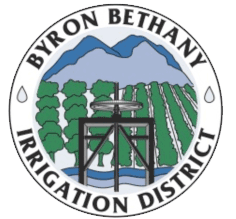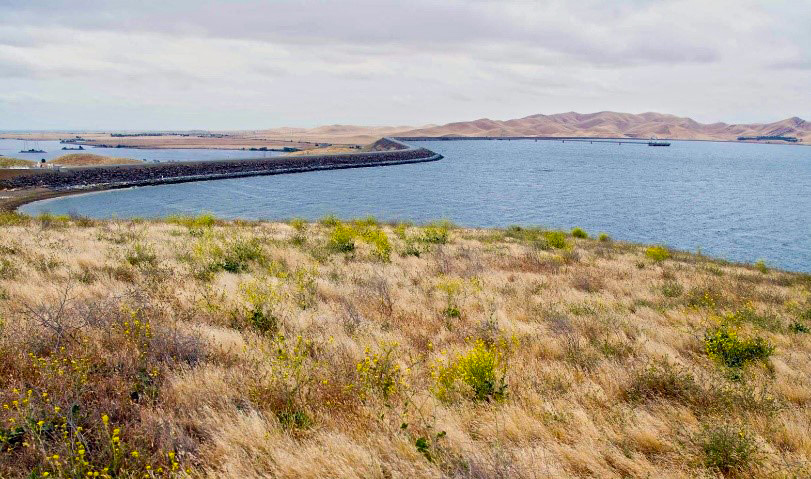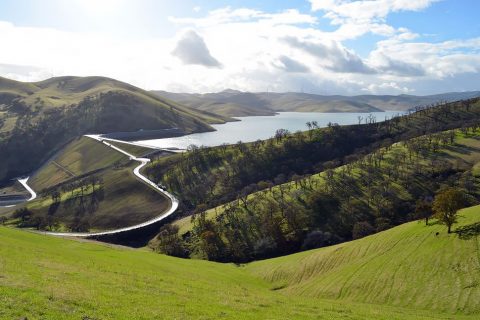Sacramento, CA (March 23, 2021) – Today, the U.S. Bureau of Reclamation (Reclamation) updated the water allocation for South-of-Delta Central Valley Project (CVP) contractors, including the Byron-Bethany Irrigation District (BBID). Reclamation kept its initial 5% allocation in place, but suspended availability of that water until further notice. BBID General Manager Rick Gilmore issued the following statement:
“We recognize that California is in the midst of extraordinary dry conditions, forcing Reclamation to take a measured approach to balancing regulatory and contractual obligations for the Central Valley Project.
Today’s announcement unfortunately creates additional uncertainty and financial strain on growers in BBID’s CVP Service Area. The time to purchase crop insurance has come and gone, and crops are already in the ground.
The District will pursue water transfers to meet the needs of our growers, albeit at a much higher cost than CVP water.
We appreciate the Bureau’s commitment to preserve its initial allocation as hydrology continues to worsen. Our second straight dry winter — punctuated by a lack of significant snowfall during the month of March — makes it all the more challenging to meet the complex, diverse water needs of the state.”
Reclamation’s announcement preserves the allocation announced in February, but delays access to that water.
California’s Department of Water Resources also reduced the allocation for State Water Project Contractors from 10 percent to 5 percent.



 In October 2018, President Trump issued the
In October 2018, President Trump issued the